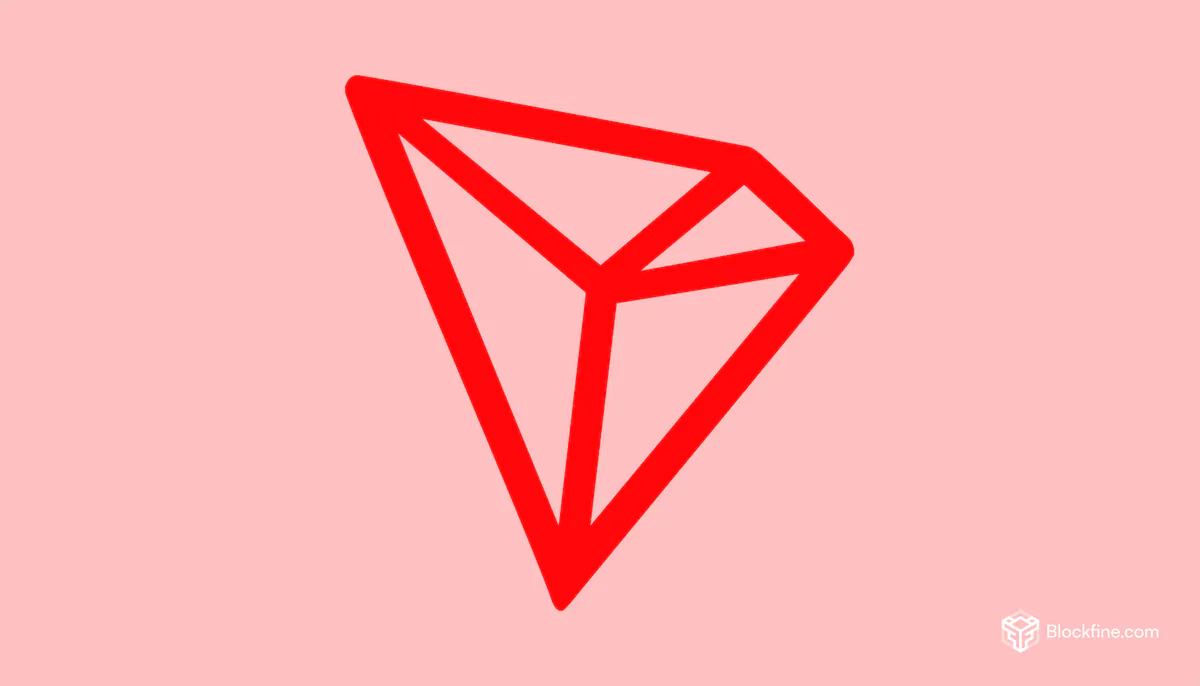Tron (TRX) is a blockchain-based decentralized platform that aims to build a free, global digital content entertainment system with distributed storage technology. The Tron network was founded by Justin Sun in 2017, and since then, it has evolved to become one of the leading blockchain ecosystems, especially in the areas of decentralized applications (dApps) and decentralized finance (DeFi). This article provides a detailed overview of Tron, including its origins, key features, tokenomics, and future prospects.
What is Tron?
Tron is an open-source blockchain platform designed to serve as the foundation for a decentralized internet. The Tron network allows developers to create smart contracts and dApps, much like Ethereum, but with a focus on high transaction throughput and minimal fees. Tron’s native cryptocurrency, TRX, is used to power the network, facilitating transactions and interacting with dApps.
One of Tron’s primary goals is to decentralize the web by allowing content creators to bypass traditional intermediaries, such as media companies and streaming platforms. This gives creators full ownership over their content and the potential to monetize it directly through the Tron network.
Key Features of Tron
High Transaction Speed and Low Costs
Tron is known for its high transaction throughput, capable of processing up to 2,000 transactions per second (TPS). This is significantly faster than many other blockchain platforms, including Ethereum. Additionally, transactions on the Tron network are extremely low-cost, making it an attractive option for developers and users alike.
Decentralized Applications (dApps) and Smart Contracts
Tron is a powerful platform for the development of decentralized applications. Developers can create and deploy dApps across a variety of sectors, including gaming, social media, and finance. Tron’s compatibility with Ethereum’s Solidity programming language also makes it easy for developers to migrate their projects to Tron.
Delegated Proof of Stake (DPoS)
Tron uses a Delegated Proof of Stake (DPoS) consensus mechanism, which differs from the more common Proof of Work (PoW) used by Bitcoin and Ethereum (prior to Ethereum 2.0). In DPoS, TRX holders vote for “super representatives” who validate transactions and maintain the blockchain. This system is designed to be more energy-efficient and scalable compared to PoW.
Tron Virtual Machine (TVM)
The Tron Virtual Machine (TVM) is a lightweight, Turing-complete virtual machine designed to be compatible with the Ethereum Virtual Machine (EVM). TVM enables developers to deploy smart contracts on the Tron network with minimal resources, making it easier to create dApps without significant overhead costs.
Tokenomics of Tron (TRX)
TRX is the native token of the Tron blockchain. Initially, TRX was launched as an ERC-20 token on the Ethereum network, but it was later migrated to Tron’s mainnet. TRX plays several roles within the Tron ecosystem, including paying for transaction fees, staking to participate in network governance, and rewarding content creators.
The total supply of TRX is capped at 100 billion tokens, with a significant portion distributed during its initial coin offering (ICO) and the remainder allocated to the Tron Foundation and early investors.
The Tron Ecosystem
Tron has developed an extensive ecosystem that includes several key projects and partnerships:
- BitTorrent: Acquired by Tron in 2018, BitTorrent is a popular peer-to-peer file-sharing platform. Tron has integrated BitTorrent into its ecosystem to enhance content distribution.
- DeFi on Tron: Tron supports a growing number of DeFi applications, including JustLend and JustSwap, which offer decentralized lending and swapping services.
- NFTs and Gaming: Tron is also making strides in the NFT and gaming sectors, providing a platform for creating, buying, and selling NFTs, as well as supporting decentralized gaming applications.
The Future of Tron
Tron continues to evolve with a clear roadmap for future development. Upcoming phases include further expansion into decentralized gaming, advanced DeFi applications, and enhancing its platform’s scalability and security. Tron’s focus on high transaction speed, low costs, and decentralized content distribution positions it as a strong contender in the race to build the decentralized web of the future.
Conclusion
Tron (TRX) is a versatile and rapidly growing blockchain platform with a broad array of applications in the digital entertainment and DeFi sectors. Its high transaction throughput, low costs, and robust ecosystem make it an attractive option for developers and users alike. As Tron continues to develop and expand its capabilities, it is likely to play a significant role in the future of decentralized internet infrastructure. Whether you are a developer, investor, or blockchain enthusiast, Tron offers a dynamic platform with vast potential.
